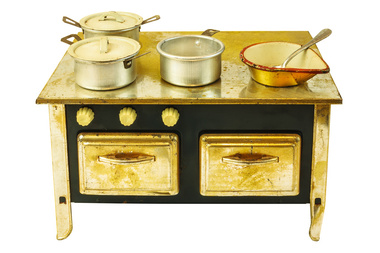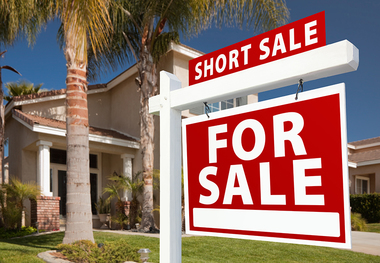So you have just received your credit report and your score has dropped. Why? There are different items on your credit score that can affect your score negatively. Make sure you keep an eye on the following four must-watch items on your credit report to maintain a good score.


First, you can receive a free credit report once every year from each of the three nationwide credit reporting companies. You can order yours online from annualcreditreport.com or by calling 877-322-8228. (Other sites may advertise free credit reports, but the fine print often requires you to buy a product or service.) Some credit card companies also provide a free FICO credit report, and there are sites such as creditkarma.com where you can view your score for free as well.
Must-watch items
Late payments. Late payments and delinquencies have a huge impact on your credit score. They make up 35 percent of your entire FICO score. If you see marks that bills have been paid 30, 60, 90 or 120 days late, that is extremely damaging to your score. The other important factor is the timeline of how late your payment was and how long ago you made this mistake. The later your payment is, the more it negatively affects your score. The more time that has passed since the late payment, the less it affects your score.
Collections. Any collections activity on your report will go against your score. If you have had an account or bill that has gone to a collections agency, you are probably aware of it, but in some cases you may not be. There are certain situations where you may not be aware of collections action, such as if you didn't pay the last utility bill after you moved and the collection agency couldn't locate you. If you see a mark on your report that is not related to you, you can dispute it and have it removed. Any collections item can stay on your report for seven years, but the longer it has been on your report, the less it affects your score.
Active accounts. An easy way to detect identity fraud is to look for accounts on your credit report that you didn't open. If you have closed an account, it will reflect that on your credit report and you will be able to verify the date you closed it. If an account is shown as open but you have closed it, reach out to the issuer to find out why it is still active.
High debt-to-credit limit ratio. Credit score companies will look at how you utilize your credit cards by comparing the balance on one revolving account with the available credit from the lender. You want to keep your ratio under 10 percent. For example, if your credit card has a limit of $5,000 and you have a $1,000 balance on it, the ratio is 20 percent. If you are running a balance of $7,000-$8,000 on a credit card with a $10,000 limit, it will really negatively affect your score. It is even worse to have high running balances on several cards.
What items do you watch for most on your credit report?








